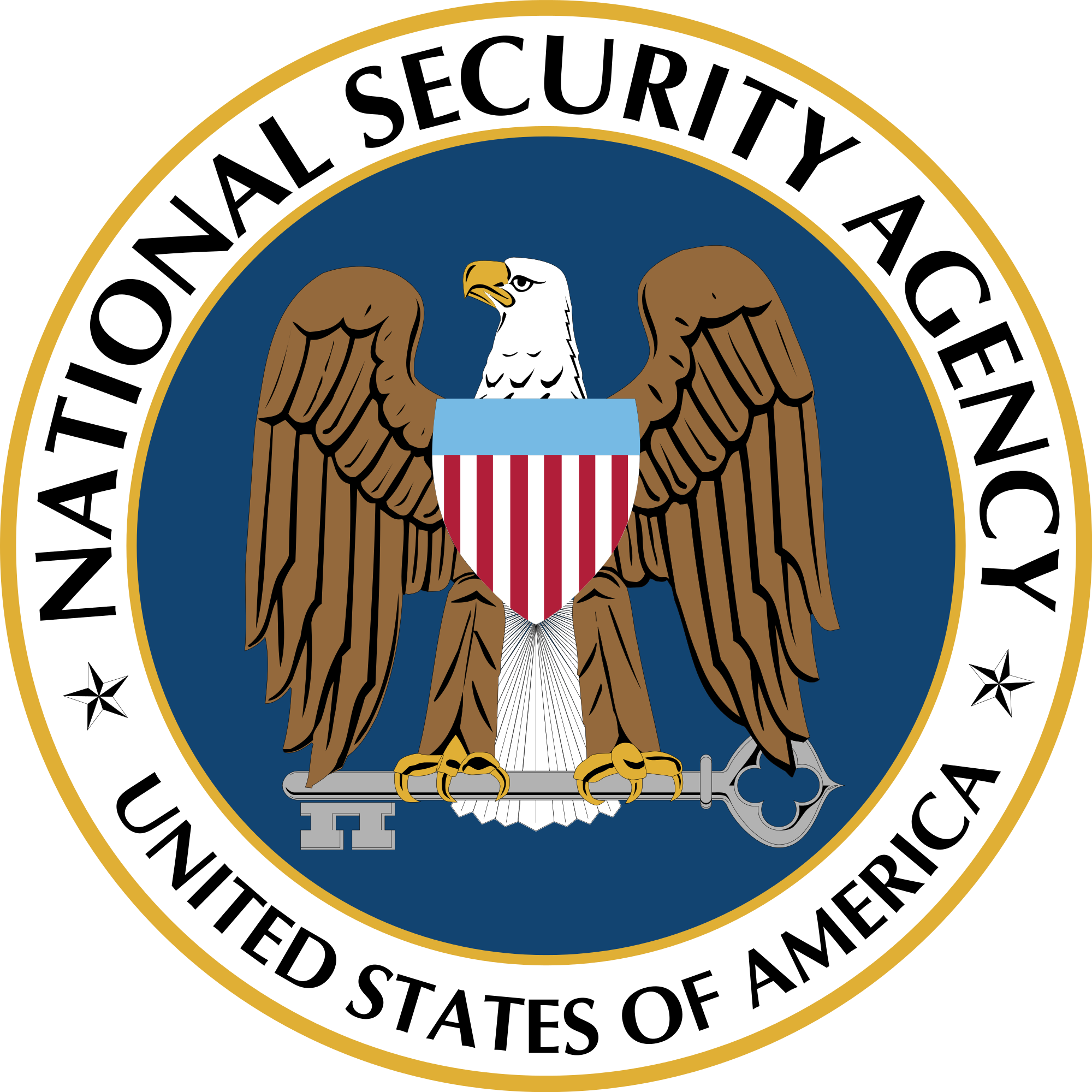As we prepare for Regents exams, fret about college, and dream about the summer ahead, the Washington political machine presses onward. The fundamental role of government is to serve the people, and that’s exactly what our representatives are doing down there in Washington: dealing with taxes, roads, ethics—all the big stuff. Perhaps the government’s most important “service,” however, is its job of protecting the people by guaranteeing them freedom and security.
The largest breach of American security in recent memory was 9/11, which prompted a huge response from the government. The subsequent War on Terror and increased security measures led to the passing of a bill known as the Patriot Act which is up for renewal this summer. The Patriotic Act passed into law in October 2001 to strengthen national security and anti-terrorism measures. Its full title, USA PATRIOT Act, is actually a backronym (an acronym adapted to fit a phrase) that stands for “Uniting and Strengthening America by Providing Appropriate Tools to Intercept and Obstruct Terrorism.” The Patriot Act has passed its renewal vote without much debate every year since 2001, and the next vote on the Patriot Act is coming up this June 1.
This might not seem like such a big deal. Politics as usual. It is for national security and the War on Terror, after all. However, several of the Patriot Act’s provisions have raised controversy for the extensive liberties they provide the government.
One problem is Section 215 of the act, which essentially states the the government can ask for “any tangible things … for an investigation to protect against international terrorism.” The glaring issue is that this bill provides the government the right to confiscate literally anything as “evidence” under almost any circumstance.
Even Section 215 alone opens the door to huge amounts of government surveillance. NSA, anyone? The legality of these confiscations is overseen by the Foreign Intelligence Surveillance Court (FISC). The FISC reviews requests for surveillance warrants and evidence collection against suspected terrorists and foreign service agents overseas. Some have even called the FISC “a second Supreme Court” due to the large amount of power it holds. It has essentially given Section 215, and the Patriot Act overall, the go ahead: it allows the government to store and track everything from tangible documents to emails to phone records on every U.S. citizen with no real restrictions. Due to this, the NSA and its partner programs are totally legal under the Patriot Act.
The NSA scandal, which revealed that the NSA was collecting the telephone records of Americans, has of late horrified millions of Americans, and as the Patriot Act comes up to be voted on once again, we must question: how much freedom can we have with security? How much privacy is it possible to have while still remaining secure? What limitations are you willing to accept? How far does government surveillance actually go? What are your rights? Should the Patriot Act be renewed?
It is perhaps best, and simplest, to paraphrase John Oliver and say that having national security and having privacy is like having both an amazing pet hawk and an amazing pet hamster; they won’t both survive unless you are willing to accept some limitations on them both. Think about it.

